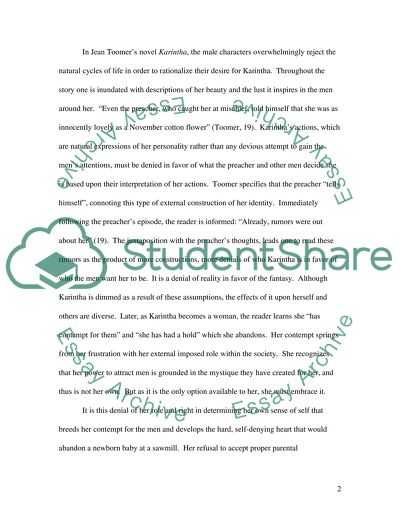Cite this document
(Womens Roles Essay Example | Topics and Well Written Essays - 1750 words, n.d.)
Womens Roles Essay Example | Topics and Well Written Essays - 1750 words. https://studentshare.org/gender-sexual-studies/1542880-womens-roles-and-how-they-are-obtained
Womens Roles Essay Example | Topics and Well Written Essays - 1750 words. https://studentshare.org/gender-sexual-studies/1542880-womens-roles-and-how-they-are-obtained
(Womens Roles Essay Example | Topics and Well Written Essays - 1750 Words)
Womens Roles Essay Example | Topics and Well Written Essays - 1750 Words. https://studentshare.org/gender-sexual-studies/1542880-womens-roles-and-how-they-are-obtained.
Womens Roles Essay Example | Topics and Well Written Essays - 1750 Words. https://studentshare.org/gender-sexual-studies/1542880-womens-roles-and-how-they-are-obtained.
“Womens Roles Essay Example | Topics and Well Written Essays - 1750 Words”. https://studentshare.org/gender-sexual-studies/1542880-womens-roles-and-how-they-are-obtained.


